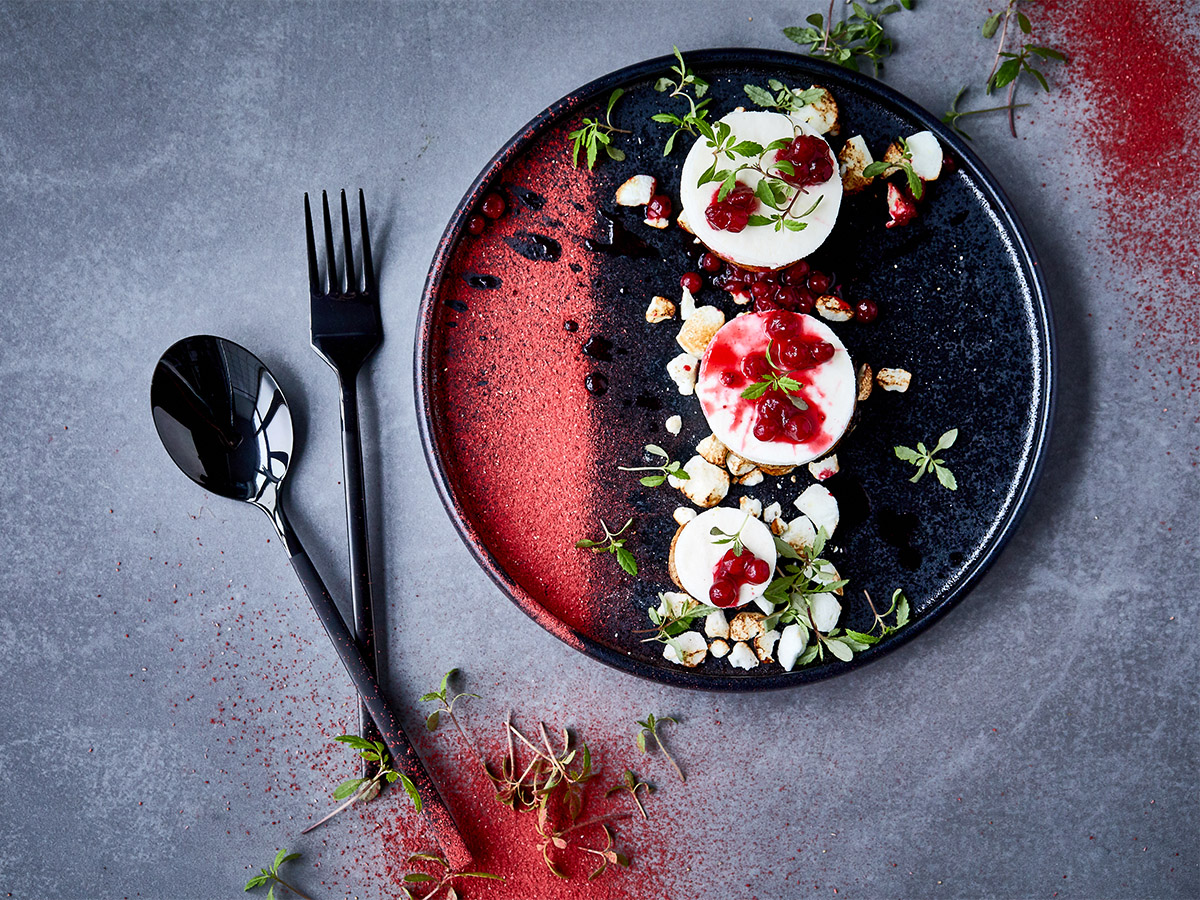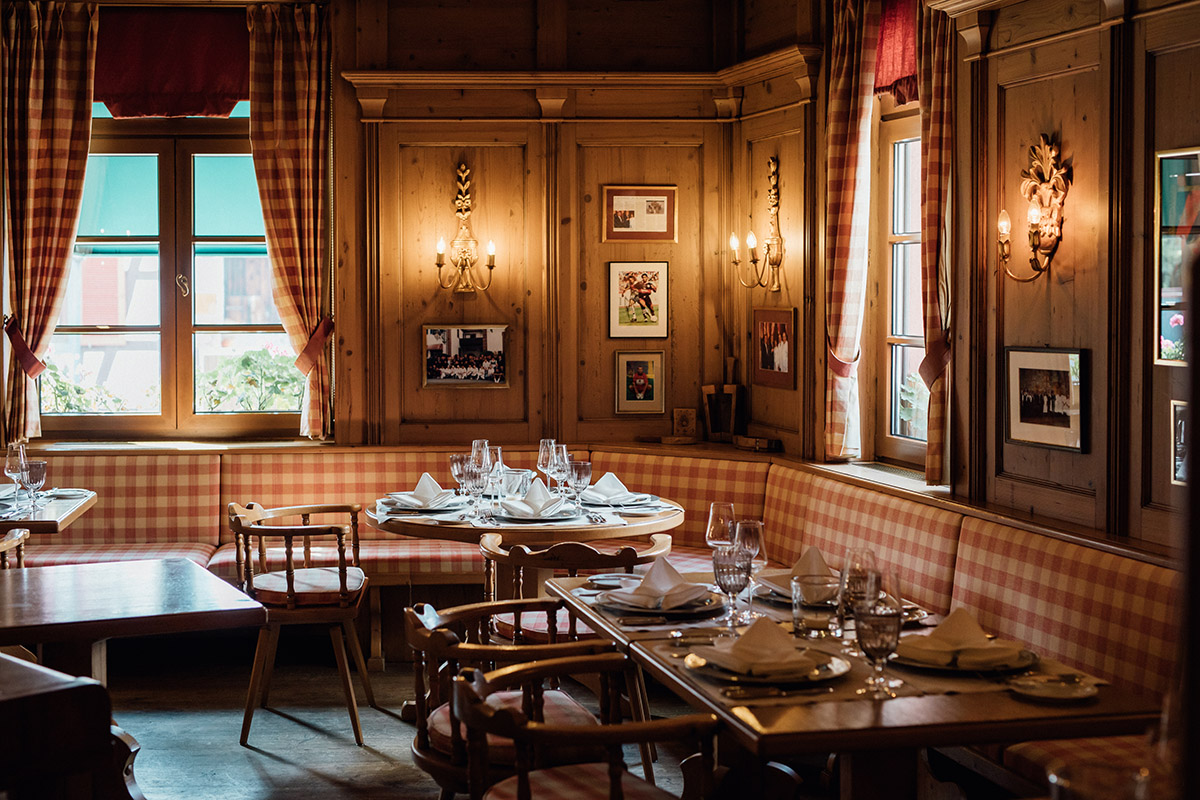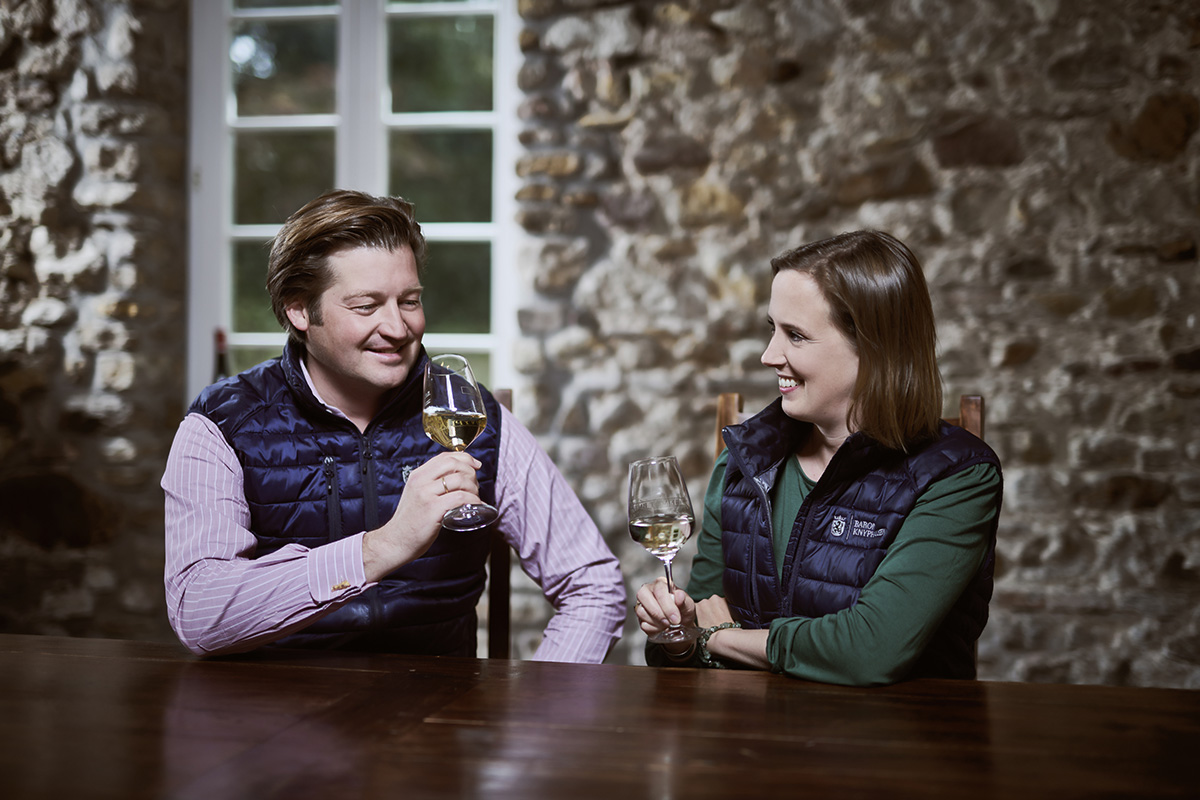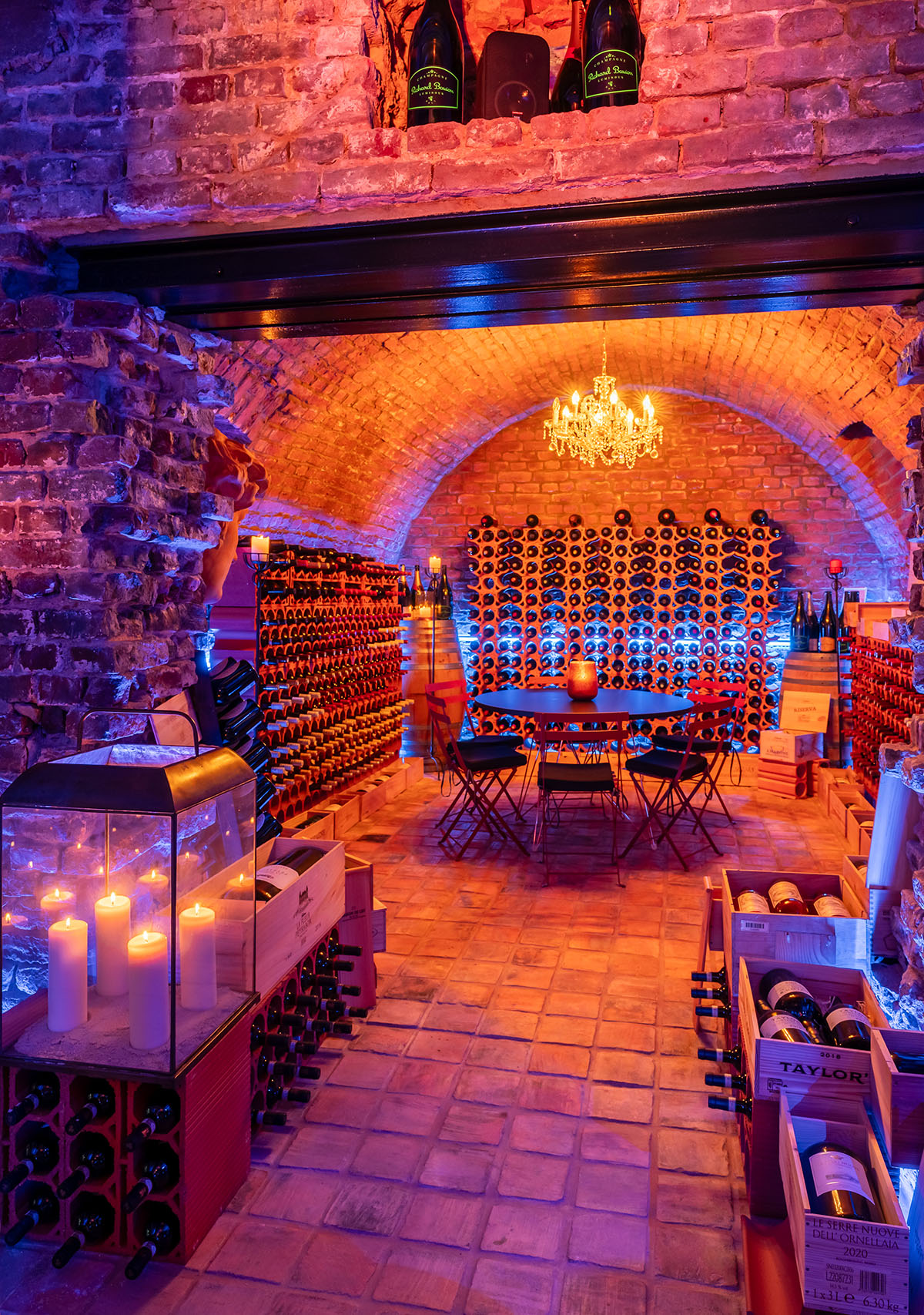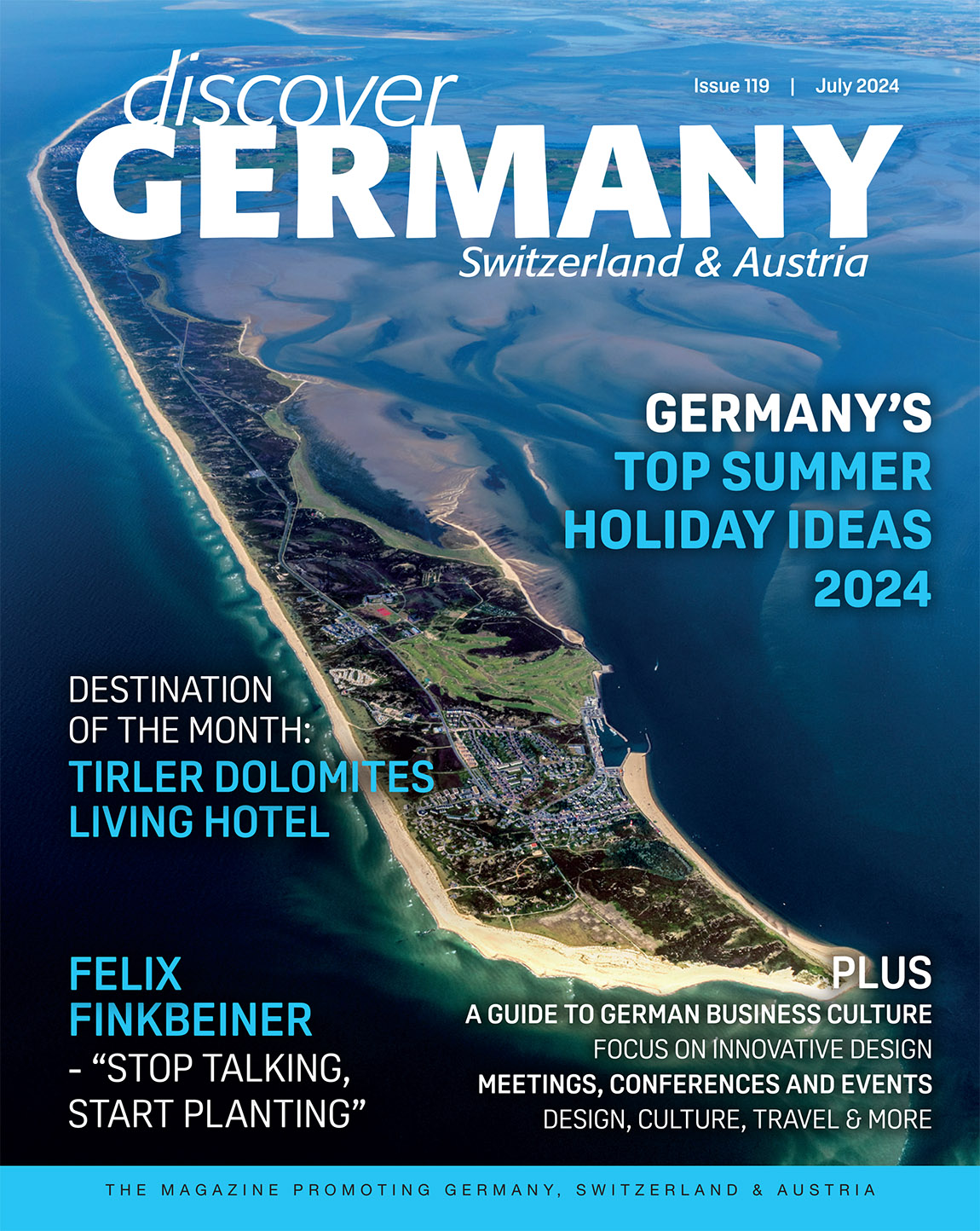Top German Beers – from Cult Brand to Craft Brew
TEXT: CORNELIA BRELOWSKI
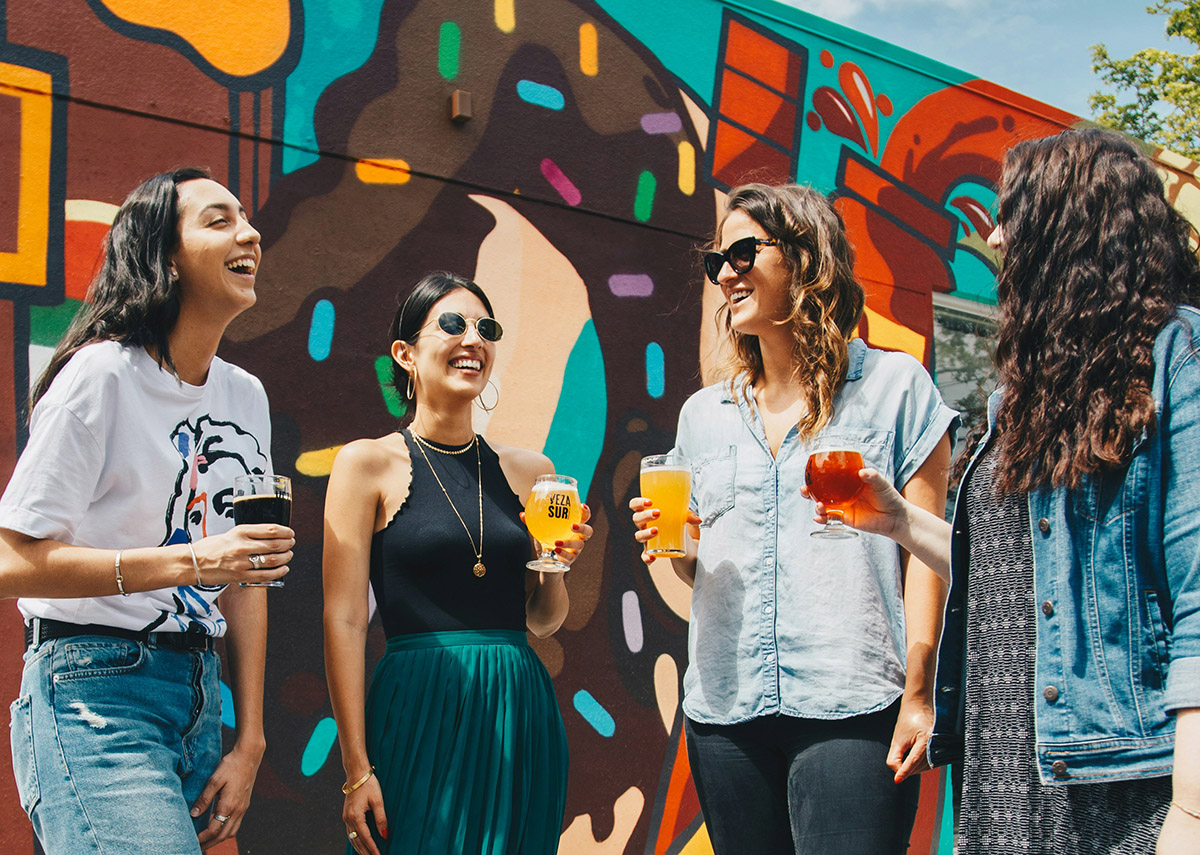
Photo: Elevate via Unsplash
From Oktoberfest- to Currywurst accessory, from hipster brew to traditional brand – who drinks what in Germany is often due to regional culture.
Top German Beers: Regions and Trends
When in Bavaria…you may not be able to turn a corner without being offered a Weissbier, for example, an Augustiner, Franziskaner, or other brands that recall visions of – yes, cloisters and monks, which we normally don’t associate with boozed-up parties. But why is that? The answer is comparatively easy: In Germany, licenses have been an issue since the Middle Ages, literally.
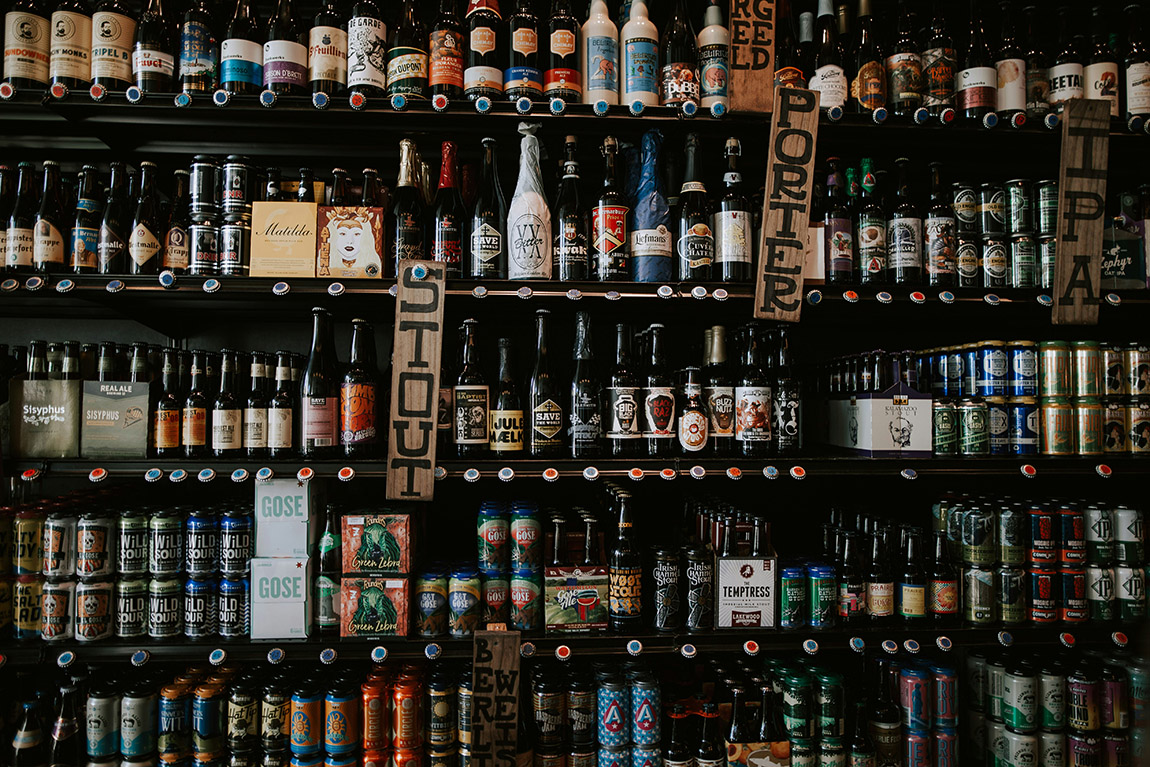
Photo: Christin Hume via Unsplash
On the website of the famous “Franziskaner” brew, which is one of the Bavarian favourites, followed by “Augustiner” and “Erdinger”, a clear-eyed and healthy-looking monk raises a glass to the viewer, accompanied by the advice: ‘Please drink responsibly’. The history behind the brew does not reach back to the ascetic, animal-loving St. Francis himself but it goes back far enough, namely to 1363. A mere 133 years after the saint’s death, a brewery at the Franciscan monastery near Munich was first mentioned. The simple reason behind the medieval start-up is that in the early Middle Ages, brewing and gifting rights were only granted to churches or monasteries, while the rest of the population brewed their own beer without any special regulations. The monks significantly developed brewing further by planting hop gardens and refining the recipes, which is why the quality and ranking of cloister beers have remained high until today. Bavaria is famous for its many traditional breweries and of course the Oktoberfest is mostly associated with wheaty brews, the aforementioned Franziskaner being of the clear, or ‘crystal’ wheat beer category.
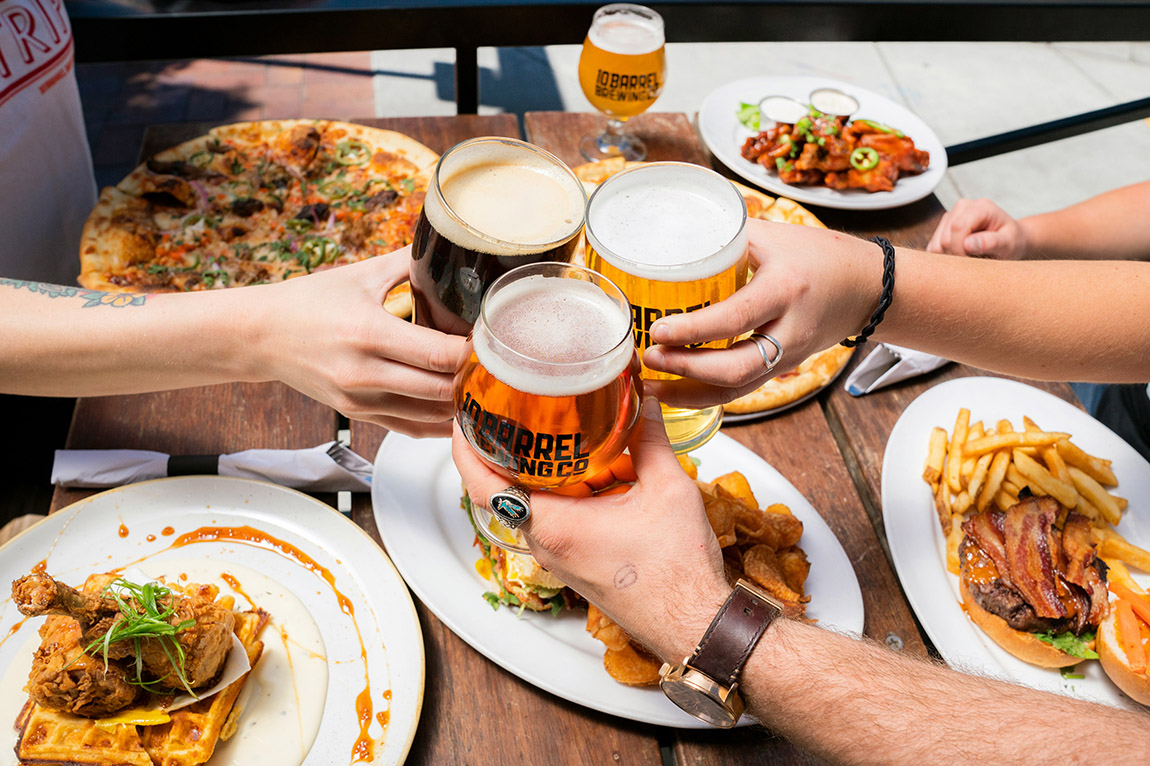
Photo: Elevate via Unsplash
Moving north, those who love the Rhine region for its wines might also enjoy a “Kölsch” in Cologne. Being light in colour and on the sweeter end in taste, it reflects the life-affirming attitude of the city’s carnival-loving residents. At 11.3 °P original wort and with a 4,8% alcohol content, like most German brands it counts as a “full” beer. Just like the Franziskaner but unlike a Pils, the Kölsch is top-fermented, a term which refers to a fermentation process in need of warm temperatures.
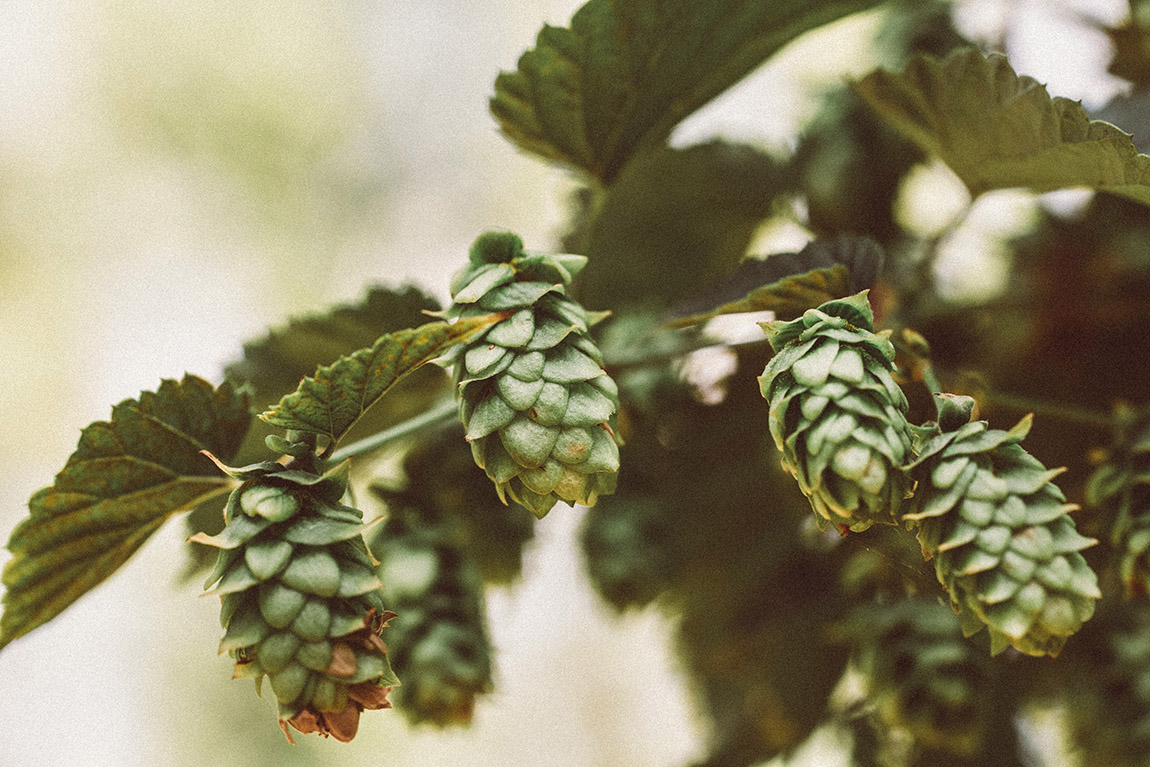
Photo: Marcus Spiske via Unsplash
Moving further North, the Pils brews start dominating the brand ratings. Indeed, overall beer preferences in Germany mostly lean towards Pils beers: The latest statista.com ratings of German beer brand recognition show Bavarian Krombacher at the top, followed by Beck’s and Bitburger. Warsteiner, Radeberger and Paulaner (another cloister brand of the wheat beer category). Dutch Heineken, König Pilsener, Veltins and Jever round up the top ten.
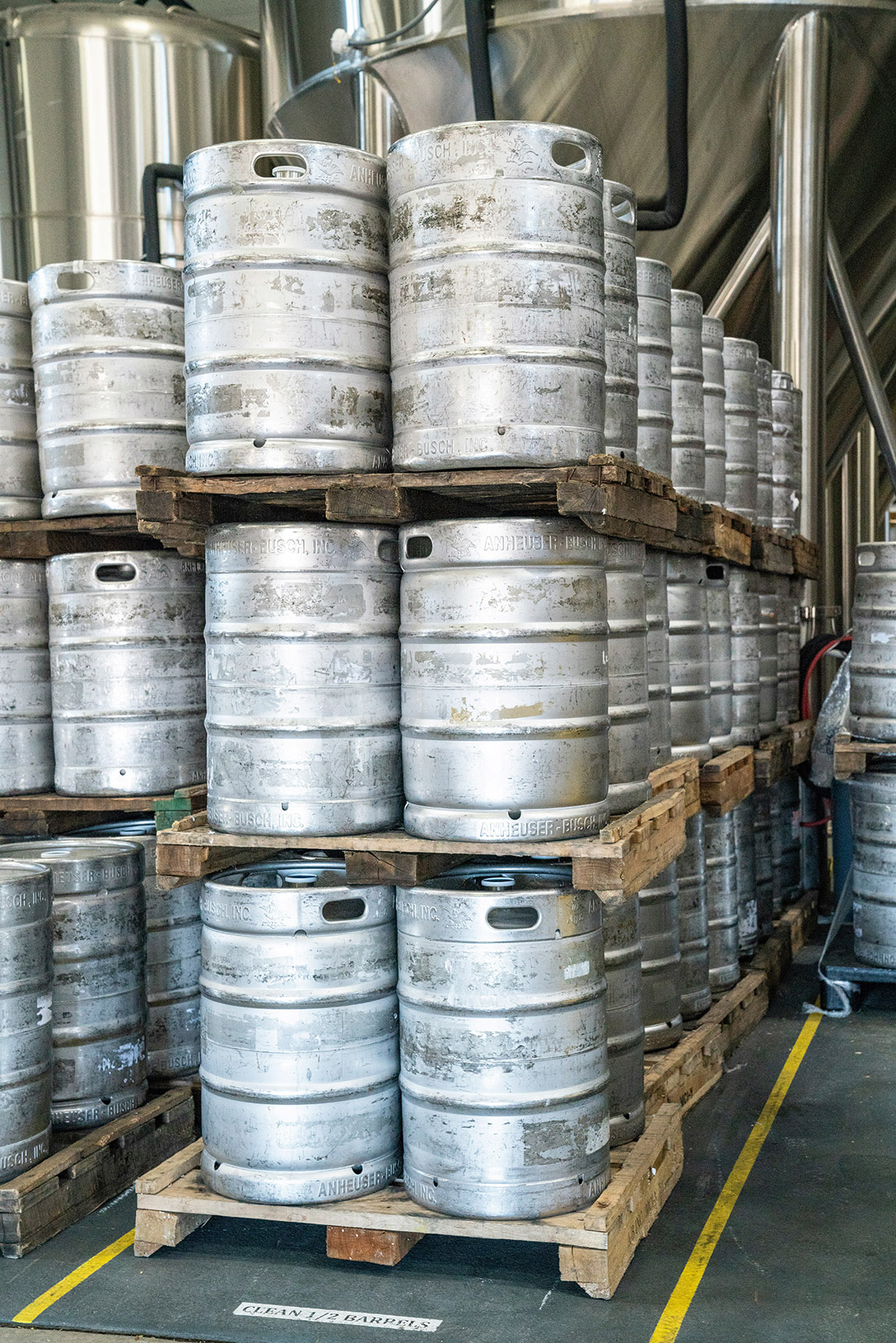
Photo: Elevate via Unsplash
Top German Beers: The Craft Beer Phenomena
Hipster parties with a choice of 10 micro brews – is that still a thing? Indeed, the number of microbreweries in Germany has steadily been rising since the Noughties. It has also become a sought-after pastime activity for the off-mainstream tourist to check out independent brewers.
Operating since 2001, “Eschenbräu” is one of the longest-running craft breweries in the capital, located in the former working-class neighbourhood of Wedding. Apart from its three own-brand main beers on tap, the establishment also offers monthly guest beers, as well as ciders and juices made from apples carefully sourced from local farmers – Bring your kids!
Another Wedding dweller is the “Vagabund Brauerei”. Created by three Americans, the company started out in 2011 and is equipped with its own nano-brewery and taproom. Just big enough to welcome eager beer enthusiasts, the company fosters creativity and experimentation, offering wheat beers with an American twist, Indian and American Pale Ales, and is known for representing the “local craft community at its best”.
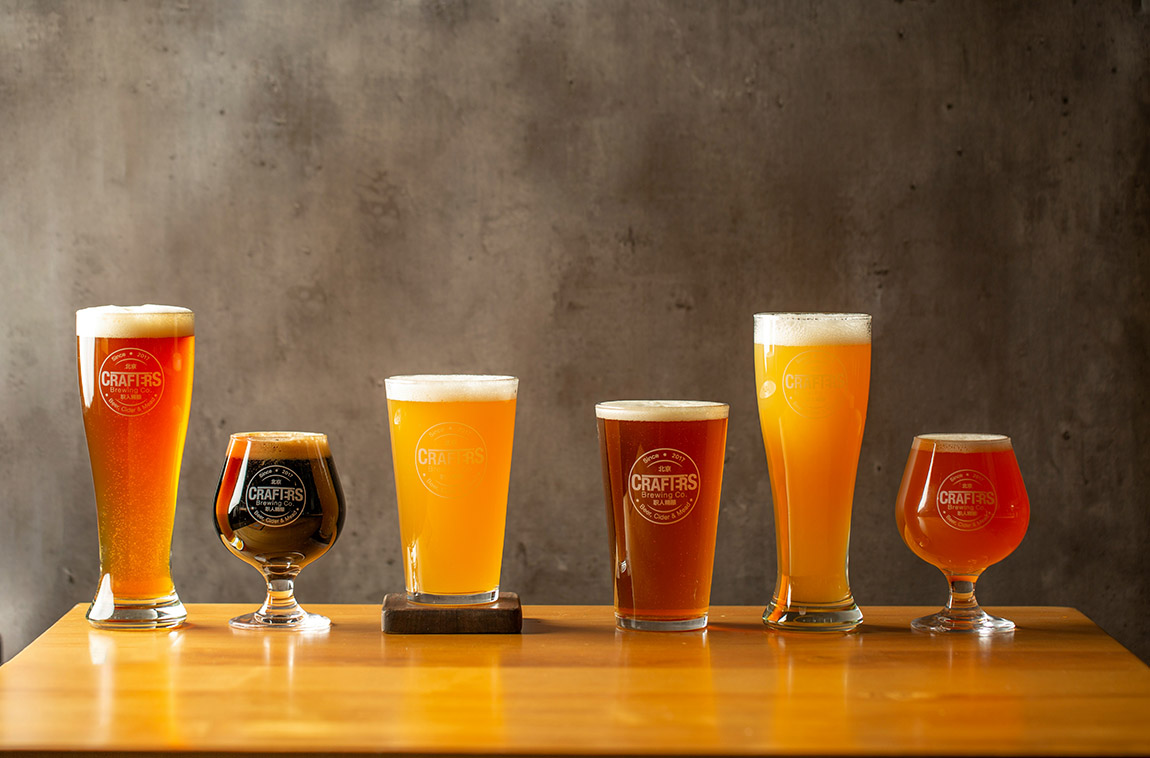
Photo: Jon Parry via Unsplash
Moving South again, this time in search for microbreweries, Bavarian “Pax Bräu” stands by its name with its motto ‘let’s forge swords into taps’. Having previously worked as a brewer in Vietnam, Andreas Seufert began brewing for himself on a small scale in 2002, in an old cow shed back in Germany. Although the brewing capacity at the brewery is still very limited, the demand is soaring high.
No matter if you prefer traditional or micro brands, classic brews (be it of a monastery or private background), or refined and experimental craft beers – Germany as a nation will be happy to assist you in finding your favourite beer. Whether fresh, tart and open-minded in the North, or traditional, wheaty and rich in the South, you will never miss out on a good tasting experience – and don’t forget the eye contact when offering a hearty: “Prost!”
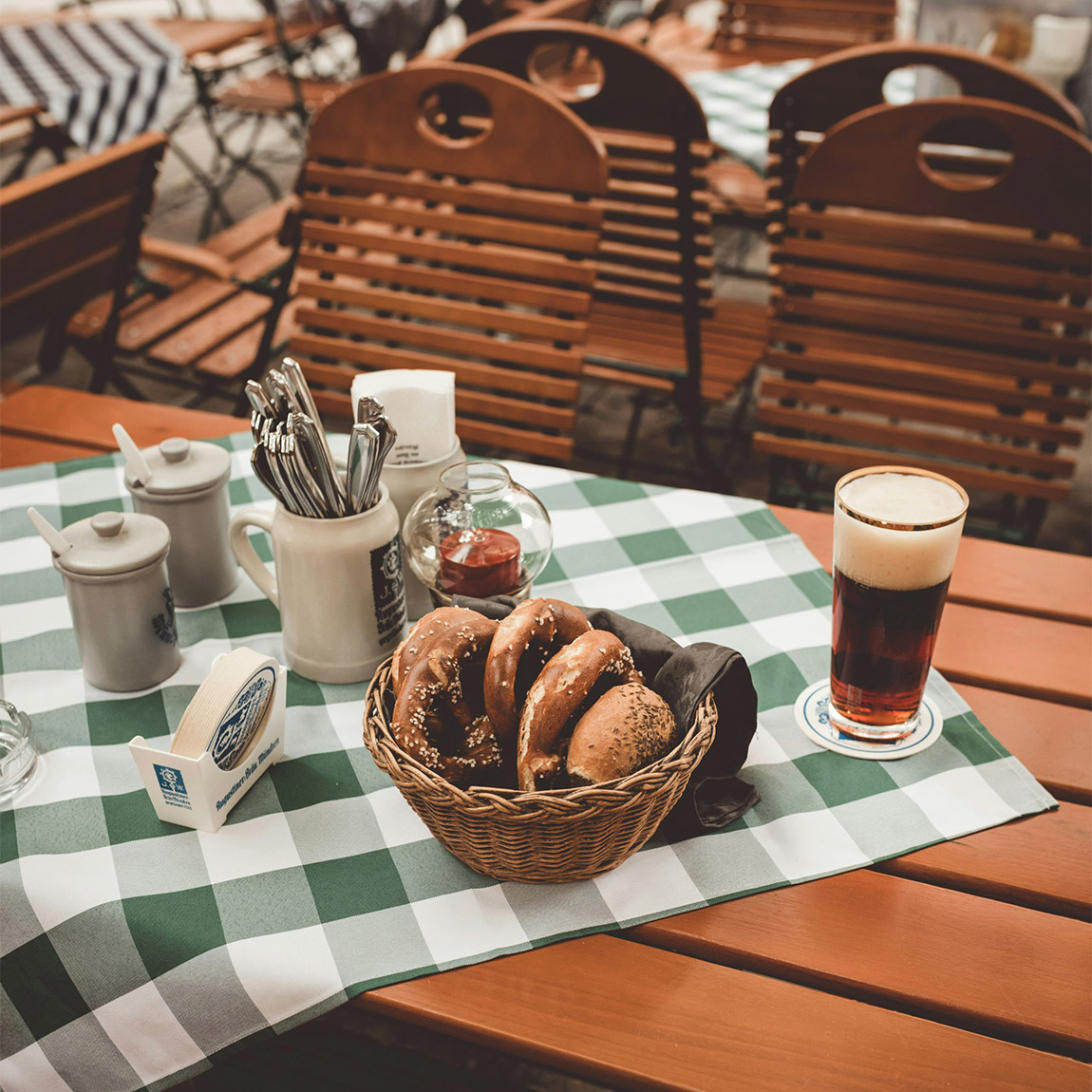
Photo: Clay Banks via Unsplash
Top German Beers
(recognition rating, source: statista.com)
1. Krombacher
2. Beck’s
3. Bitburger
4. Warsteiner
5. Radeberger
6. Paulaner
7. Heineken (Dutch)
8. König Pilsener
9. Veltins
10. Jever
www.de.statista.com
www.theculturetrip.com
Subscribe to Our Newsletter
Receive our monthly newsletter by email
